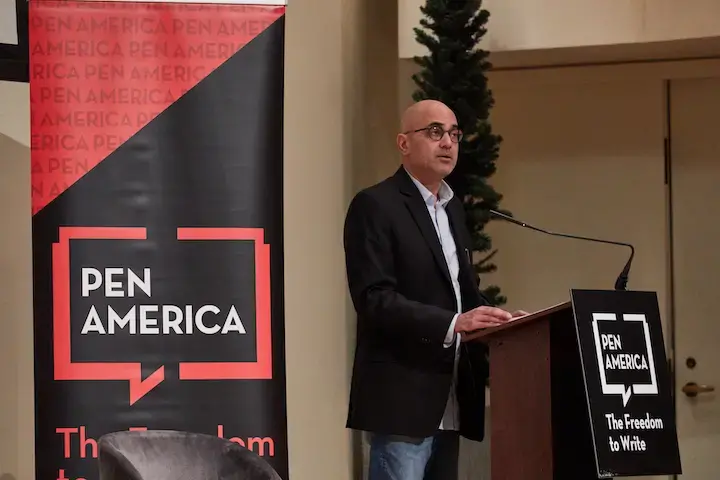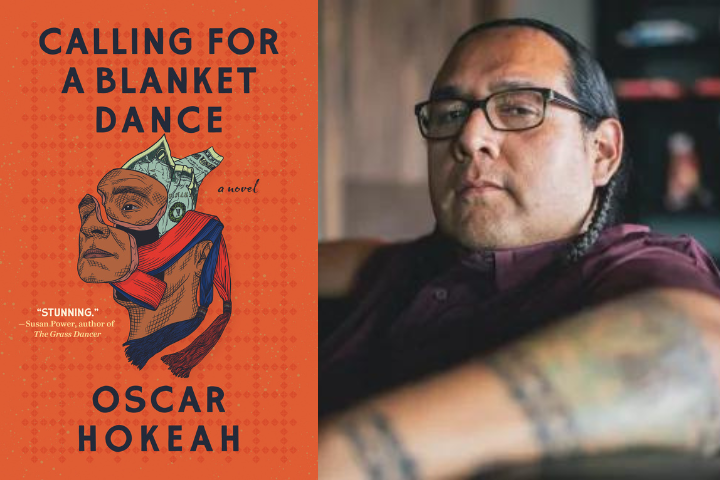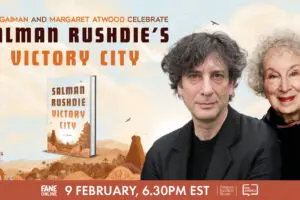An occasional blog about the writing process and how writers approach their work.
By Suzanne Trimel
“Writing improv” is the way author Jennifer Egan describes how she starts a novel.
Egan says: “I’ve never done dramatic improv. I’ve watched it, though. It’s a group of people pushing an idea as far as it will go. That’s what I’m looking for [in starting a novel], the drama. Only I’m doing it alone.” She spoke to the PEN America staff this month about how she writes and how her writing ideas evolve.
Writing in longhand on legal pads, she says she begins a project with a “swirl of ideas” she has collected and written down over time; as she begins writing she sets a goal to reach a certain number of pages a day, without editing herself. She said she tries to keep her writing ahead of judgment. “I then type it up and read it over. I ask: what can this be? What are the steps to take to push it closer to what it could be?” This beginning process can take place over many months.
Egan begins each project with an idea “of a time and place.” She keeps lists of places and moments in time that interest her: the Redwood forests in northern California (“so tactile and because now they are burning”), backpacking through China (as she did in her 20s), a castle in Belgium she visited more recently on vacation (“what interested me was some idea of the gothic”).
For Egan, fiction is the writing space where writers raise questions, while journalism (she also writes reported nonfiction articles for The New Yorker and others) is “where you answer questions.”
“Finding the portal in which you raise questions is different for everyone,” she says. But broadly, she says the ideas underpinning a novel can’t be at all didactic for her. “If it’s not fun, if it’s not transporting, then people won’t read it and it will have no impact at all.”
“I don’t sit down to write fiction and think: ‘Ok, this is what I believe and want people to know.”
But the interests and ideas that she cares deeply about do “percolate into my work naturally” guided by her own curiosity. For example, she cites her interest in “data and storytelling” and says to some degree her novel The Candy House bubbled up from this interest, along with an element of inspiration from Dungeons and Dragons, the fantasy role-playing game that fascinated her own children at the time she was writing.
“In the end I do see fiction writing as entertaining and I do take entertainment seriously. It must be fun. I’m still a rebellious student. I don’t want to be told things.”





